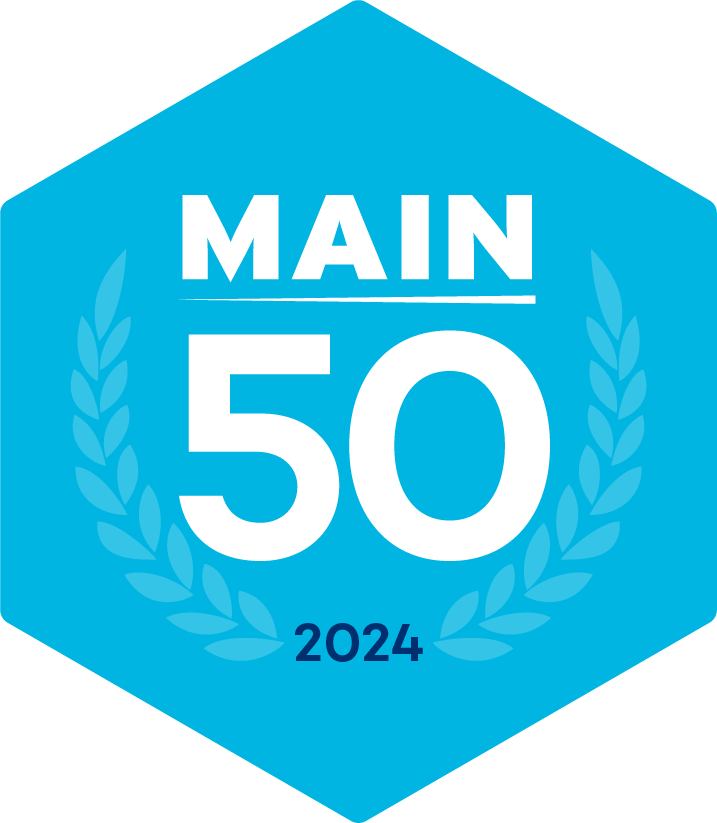In this HERpower conversation, Alessandra shares her journey from design and marketing to becoming CEO of Hinto, an Italian consultancy company, while discussing leadership, workplace diversity, and navigating the challenges of the tech industry.
Bio
Alessandra has been passionate about technology from a young age, a love sparked when her brother brought home a Pentium 5 when she was just 12. As one of the first among her friends to have a computer, she quickly fell in love with technology, a passion that has stayed with her ever since. She oversees the overall strategy, vision, and direction of her company, applying her innovative mindset to drive growth and success.
Beyond her professional achievements, Alessandra is deeply passionate about sports, regularly engaging in climbing, weight training, and yoga. She has also shared her knowledge and passion as a coach, both in Italy and abroad.

The Conversation
Welcome to HERpower, Alessandra! Let’s start with a bit about you.
Alessandra: I’m Alessandra, CEO of Hinto, an Italian consultancy firm specializing in technology solutions. The company was founded about ten years ago, and I joined eight years ago as Chief Experience Officer. My background is in marketing and design, but over the years, I took on more responsibilities, eventually becoming a partner. Then, in July 2024, the board appointed me as CEO to bring a fresh perspective and new direction to the company.
Your background in both economics and design is quite interesting. How did your studies shape your career path?
Alessandra: I pursued a unique degree in Italy that is designed for future managers in the digital industry. It combined economics with design and technology. After university, I worked in a research center focused on technology, where I explored both design and development. I quickly realized I was drawn more to leadership roles than pure technical execution.
Later, I moved to Germany, working for two major European e-commerce companies, always positioned at the intersection of technology, marketing, and design. That eventually led me to Hinto, where I found the perfect environment to merge my skills and interests.

Tell us more about Hinto—what does the company do?
Alessandra: We provide consultancy services, mainly developing custom software for B2B clients. Our strength lies in our expertise, spanning from design to system infrastructure and integration. We work with various technologies and have strong partnerships, including Exalate and Atlassian. We always test and use the tools ourselves before recommending them to clients, ensuring we only suggest solutions we truly believe in.
You mentioned that leadership has always been a natural inclination for you. In your view, what does it take to be a successful leader?
Alessandra: For me, leadership primarily means caring for the people you work with. Being a leader isn’t about dictating everything – it’s often quite the opposite. You need tremendous patience and genuine interest in listening to others. Of course, you also need the courage to take action – a leader is a person of action.
Context also matters. Not everyone is suited to lead in every environment. And yes, leadership comes with a price. You’ll face situations you never anticipated, but you must still make decisions and own the responsibility and consequences of your choices. That’s what it truly takes.
The tech industry remains largely male-dominated, despite progress. Have you faced challenges as a woman in this space?
Alessandra: The industry has improved, but the struggle is still real, especially in development roles. We actively look for female candidates, but the talent pool remains limited. And we don’t hire based on gender—we hire based on skill.
While the situation at Hinto is strong in terms of inclusivity and female representation, the broader Italian context remains more complex. It’s still very male-dominated, especially in leadership positions where you often find men in their 60s with very traditional viewpoints. While my generation has seen significant changes, the older generation still tends to view women either as their “nice daughters” or as somehow different, requiring special treatment. Being a direct and outspoken person myself, this has sometimes created challenges, though it’s not always specifically about gender.
Change is happening, but at what pace? What do you see as the key drivers of progress?
Alessandra: The biggest factor is generational change. Younger professionals have different expectations. Many men today are in relationships where their partners also work, leading to a shift in household and workplace dynamics. This naturally influences corporate culture, making equality a more pressing reality.
Another key factor is visibility—having more women in leadership roles sets a powerful example. When women are in leadership, it normalizes the idea and inspires others to step up.
What advice would you give to women aspiring to leadership in tech?
Alessandra: Speak up, but above all, stay true to yourself. Understand your values and let them guide your conversations and decisions. When faced with tough choices – and you will be – aligning them with your values is the only way to feel confident in your actions. Seek environments where your voice is heard, and never settle for less. Surround yourself with people who support your growth.
And on a personal note, with such a demanding role, how do you maintain work-life balance? Do you find time for yourself?
Alessandra: Mental health is really important. I make it a priority to see a psychotherapist at least once a month—sometimes twice if I can. It gives me a space to reflect and process challenges. Sport also plays a huge role in keeping me balanced. It helps me relieve stress and stay focused.
Lately, I was into climbing, but given my time constraints, I now go to the gym instead. Currently, I do weight training at the gym, which I can fit in either very early in the morning or late in the evening.
That’s what has helped me avoid burnout. Of course, I’ve had overwhelming periods, but these routines have always helped me push through.
Finally, tell me something about Italy that people should know. Maybe break a stereotype—or confirm one?
Alessandra: If you love chocolate, you have to visit Torino! We’re the city that helped bring Nutella into the world, so that’s a pretty good reason to come. It’s also a beautiful place—people call it “Little Paris” because it really looks like a smaller version of the French capital.
As for stereotypes, one I have to confirm is our obsession with food. Italians are serious about pasta—we eat it several times a week, and yes, we miss it if we don’t. We’re very picky about how food should be made when we are in Italy, holding tight to tradition. But when we travel, we’re open to trying new flavors.
I was in Copenhagen last month, having dinner with a friend, and she told me, “I made tiramisu with strawberries yesterday. I bet you wouldn’t try it because it’s not classic.” And I said, “No, of course, I’d try it. And I’d probably like it. Just don’t call it tiramisu—that’s all!”
Connect with Alessandra
If you wish to connect with Saja and learn more, seek advice, or share similar experiences, feel free to reach out to her via LinkedIn.





